The Internet was created from the ground up as a global entity. This has created unprecedented creative and economic growth. The flow of information, services, and goods across borders has benefited global citizens in ways that no other technological innovation in past generations has. This flow meets or exceeds most commercial, humanitarian, legal and law enforcement needs. The i2Coalition is committed to ensuring this continues.
Much of what we do centers around being a voice in the complicated world of cross border data flows. How different governments and jurisdictions set rules that impact the data that exists on the Internet’s infrastructure has a great impact on business and commerce on the Internet.
Because cross border data flows cross many policy lines, we have developed a general structure to help those interested in the issue understand our viewpoint. Simply put, public policy is best served when the light regulatory framework currently applied to data flows continues. This framework has served businesses, people and government well over the past twenty years. The challenges faced by society from changes created by the development of the Internet have been successfully understood, and addressed, by open, frank, discussions, and a bias towards consensus.
In particular, cooperation between businesses, governments and law enforcement entities has overcome these challenges. For example, cross border law enforcement access to data is challenged by the operation of Mutual Legal Assistance Treaties (MLAT). Our members understand first hand how difficult operation of the MLAT process has become. Difficulties associated with the MLAT process come from differing factors involved in processing requests that will benefit from embracing the innovation inherent in the operation of the Internet. For example, standard methods of presenting information to infrastructure providers and understanding the limits of technology will alleviate many of the difficulties presented by the current process.
The i2Coalition firmly believes that bright line tests on cross border data issues lead to bad decisions. Accordingly, we encourage those interested in the global impact of the Internet to engage communities involved in the operation and use of the Internet in an open dialogue.
Want to work with us on Cross Border Data Flow issues? Join the i2Coalition and our Public Policy Working Group.
Recent Updates On Cross Border Data Flows
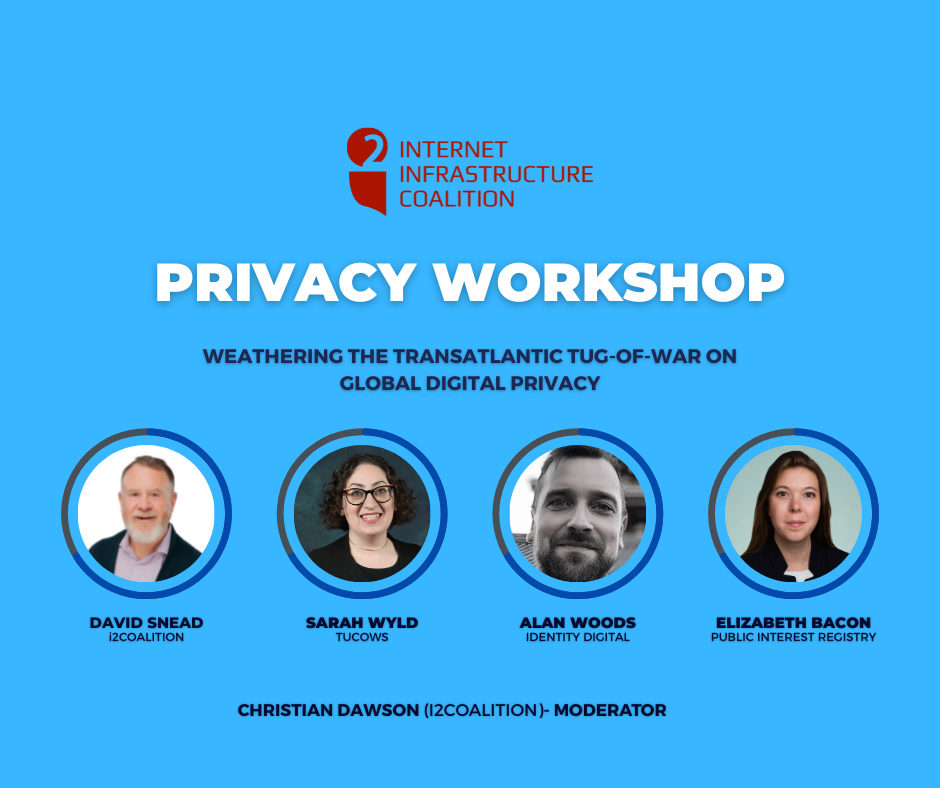
Members-Only Workshop: Weathering The Transatlantic Tug-Of-War On on Global Digital Privacy
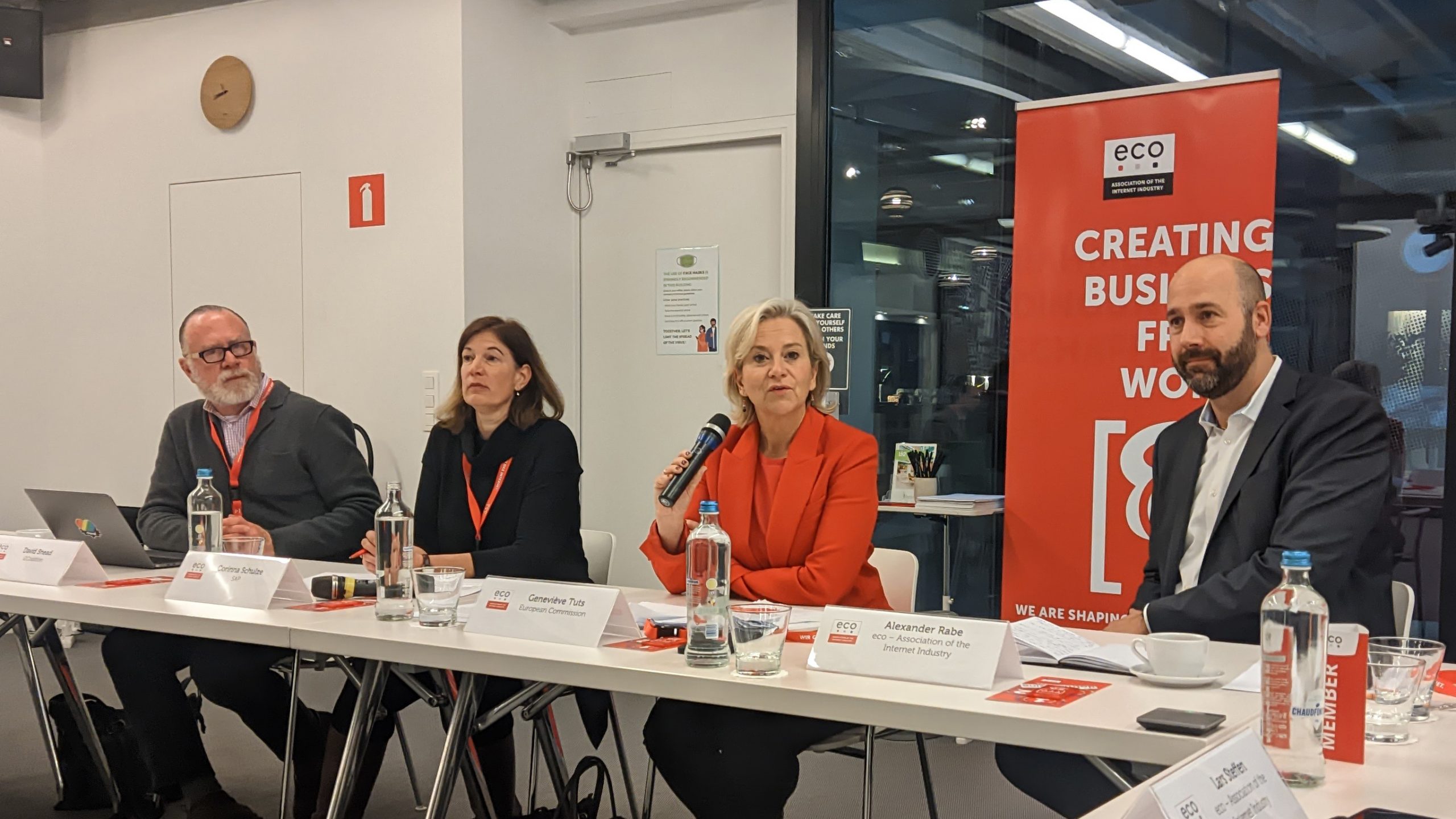
Transatlantic Dialogue Series: Reawakening Digital Trade Between the United States and the European Union
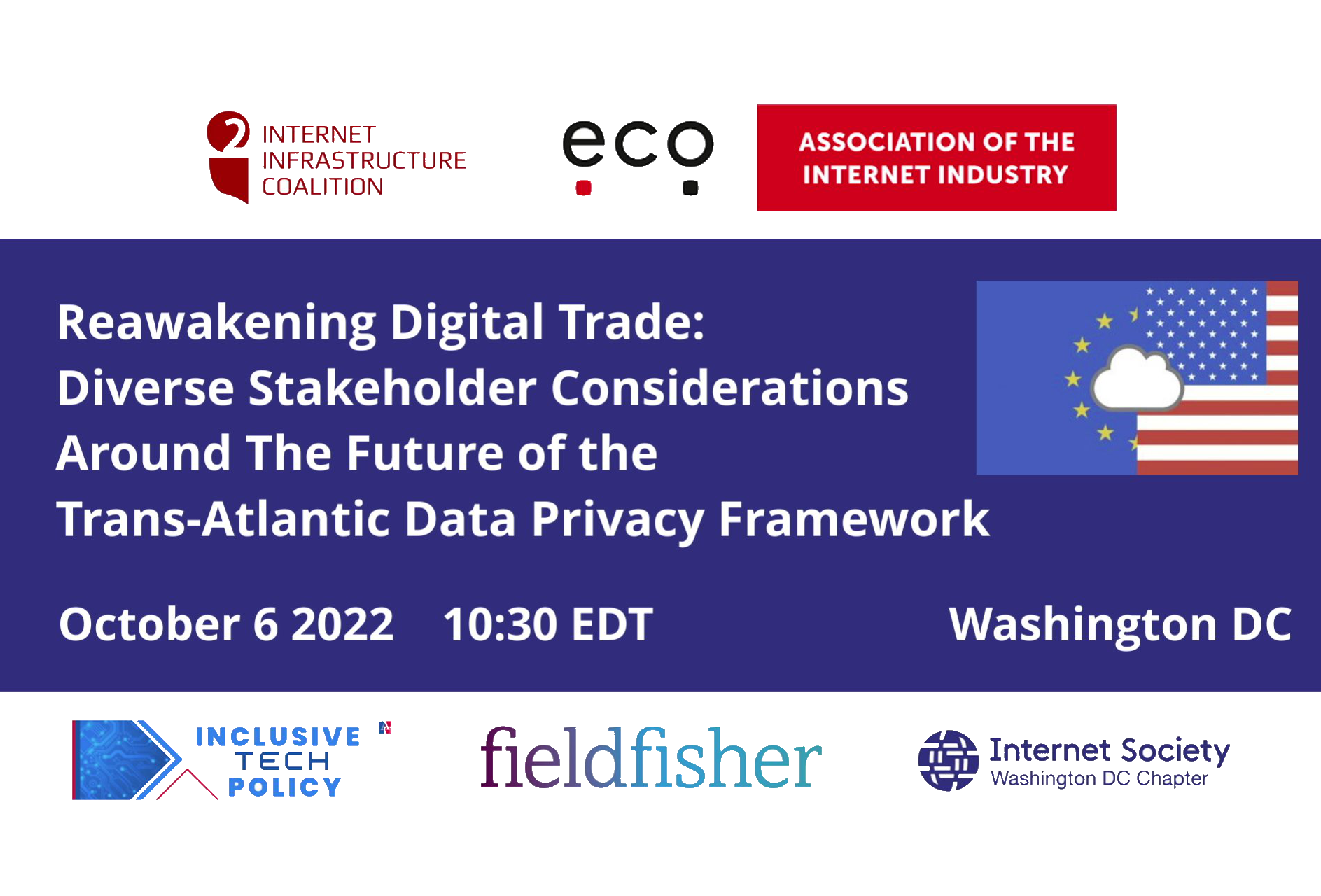
WATCH: Reawakening Digital Trade: Diverse Stakeholder Considerations Around The Future of the U.S.-EU Data Privacy Framework
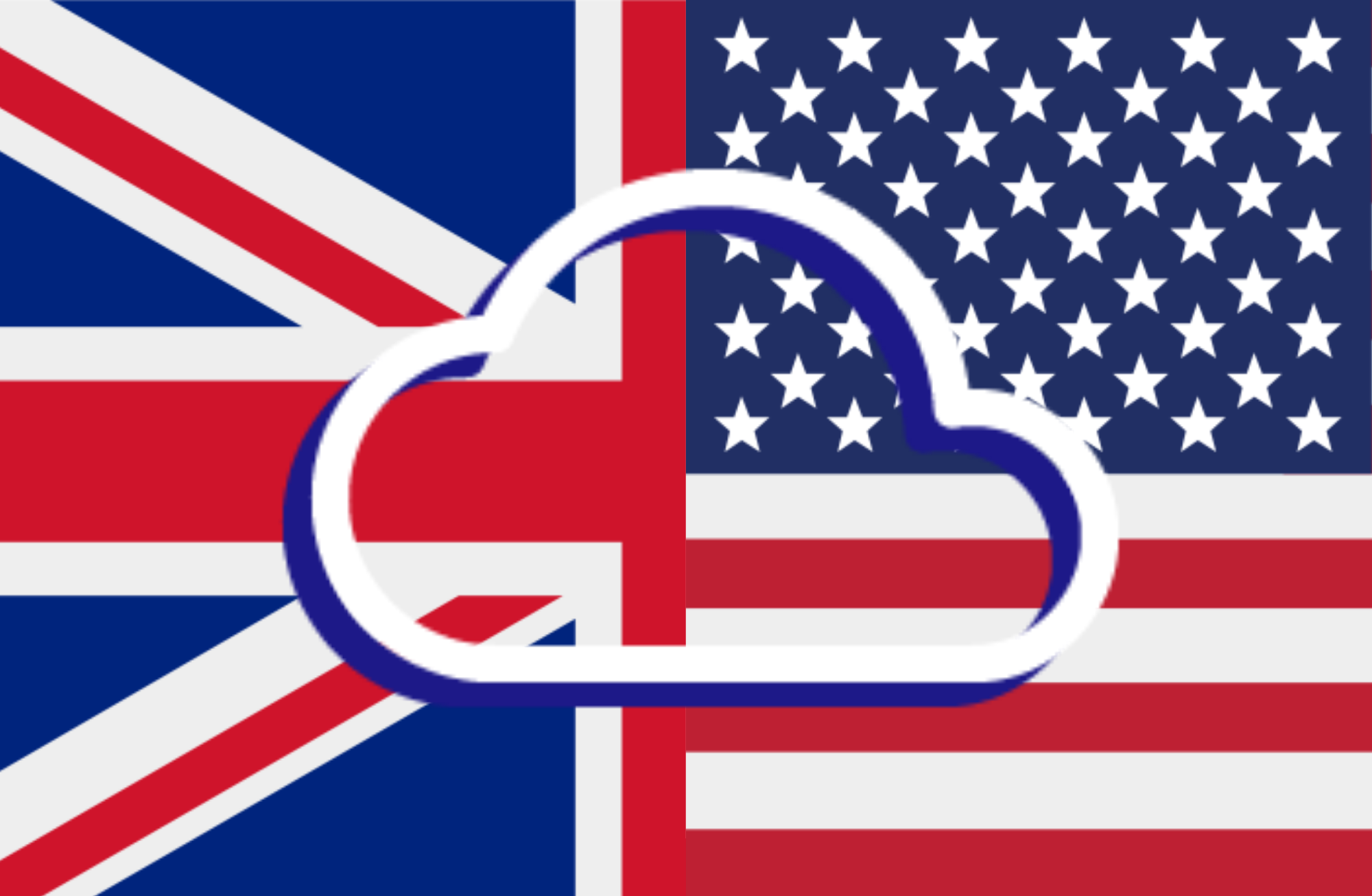
i2Coalition Joins Multi-Association Letter to Protect Copyright Safe Harbors in Free Trade Agreement between U.S. and U.K.
The Internet Infrastructure Coalition (“i2Coalition”), the voice for businesses that build the Internet, has joined other leading tech associations in a letter urging the Office of the United States Trade Representative (USTR) to include a safe harbor system that protects copyright holders, online service providers and users be included in a U.S.-UK Free Trade Agreement. […]

i2Coalition Urges Congress to Approve USMCA in Joint Letter with other Tech Organizations
The Internet Infrastructure Coalition (the “i2Coalition”) is among the top technology associations urging Congress to approve the U.S.-Mexico-Canada Agreement (USMCA) as soon as possible. The USMCA’s Digital Trade Chapter and other chapters set a new, global standard for rules that will benefit digital trade and e-commerce, and keep North America at the forefront of the global […]
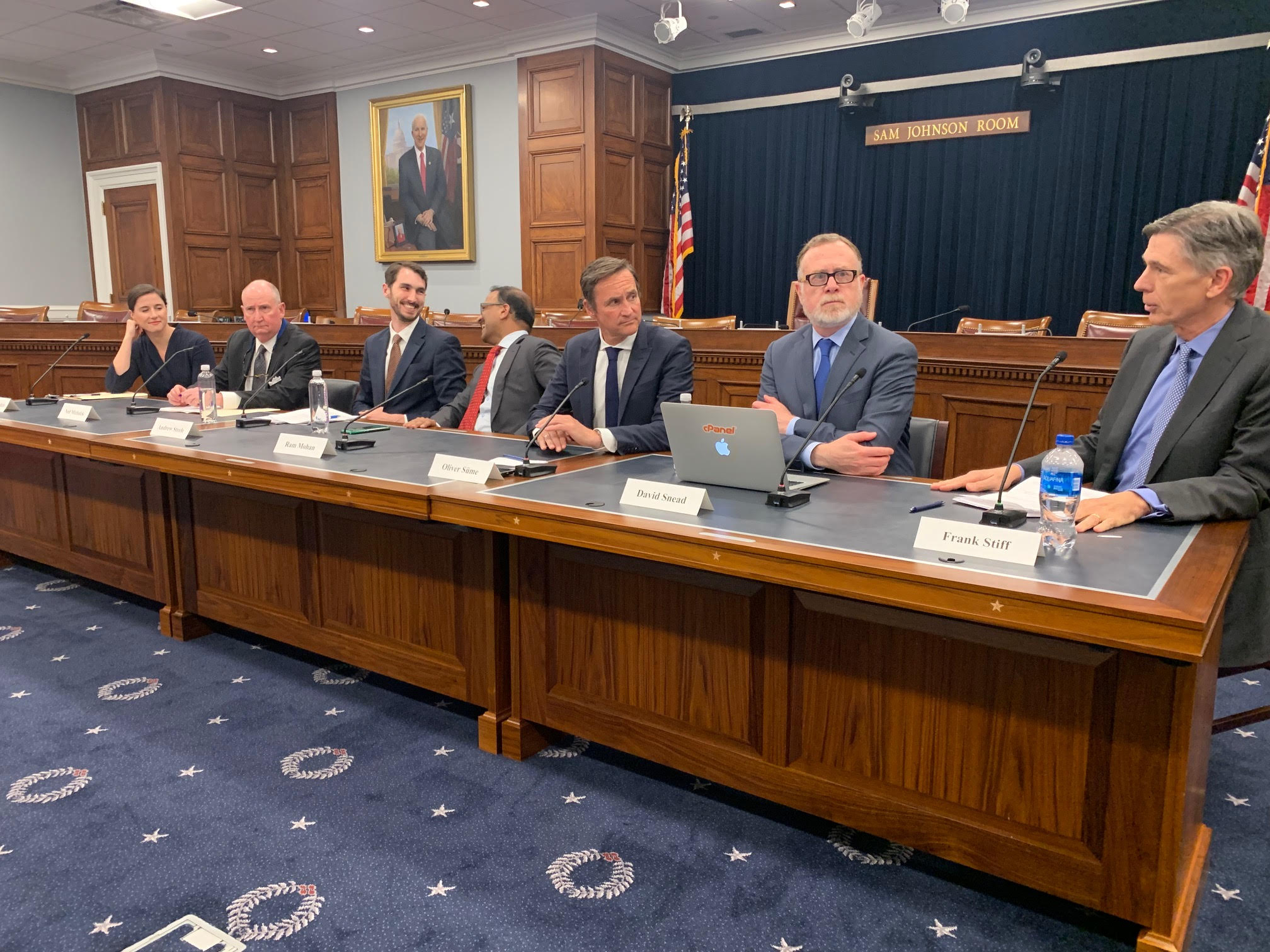
Transatlantic Dialogues Series Wraps Up in Washington, D.C.
Last week, we completed a trilogy of Transatlantic Dialogues we had started with eco Association earlier this year on the critical and impending issue of the future of EU-US Privacy Shield.
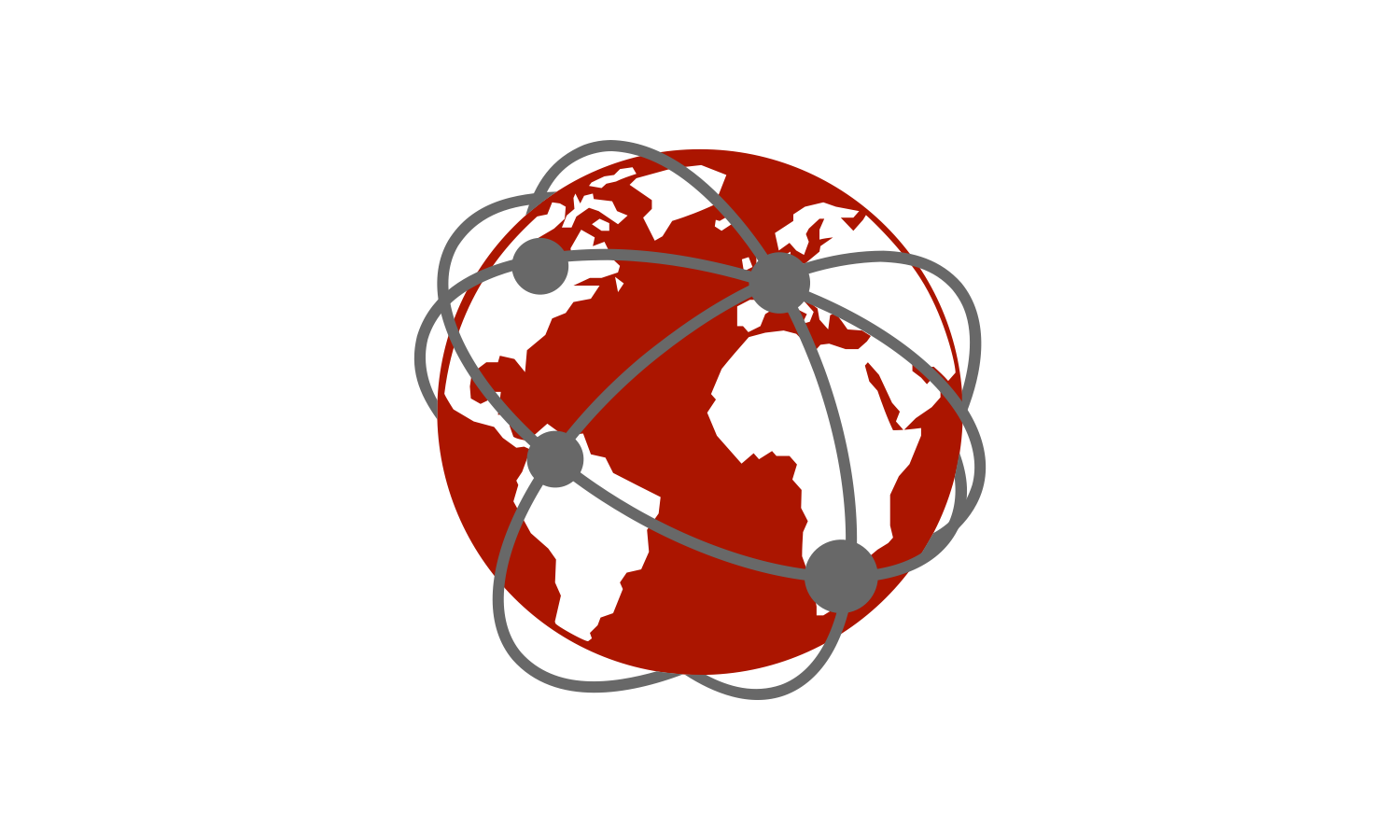
Server Side: Frank Stiff & Michele Neylon On 2018 And Looking Forward To 2019
“The president of France essentially said that self-regulation didn’t work and they would be imposing regulation to “fix the bad stuff on the Internet.” That kind of statement from a major power is deeply worrying.”

i2Coalition Supports Open Internet and Multistakeholder Model in Comments to NTIA
The i2Coalition responded to a request for comments on International Internet policy.
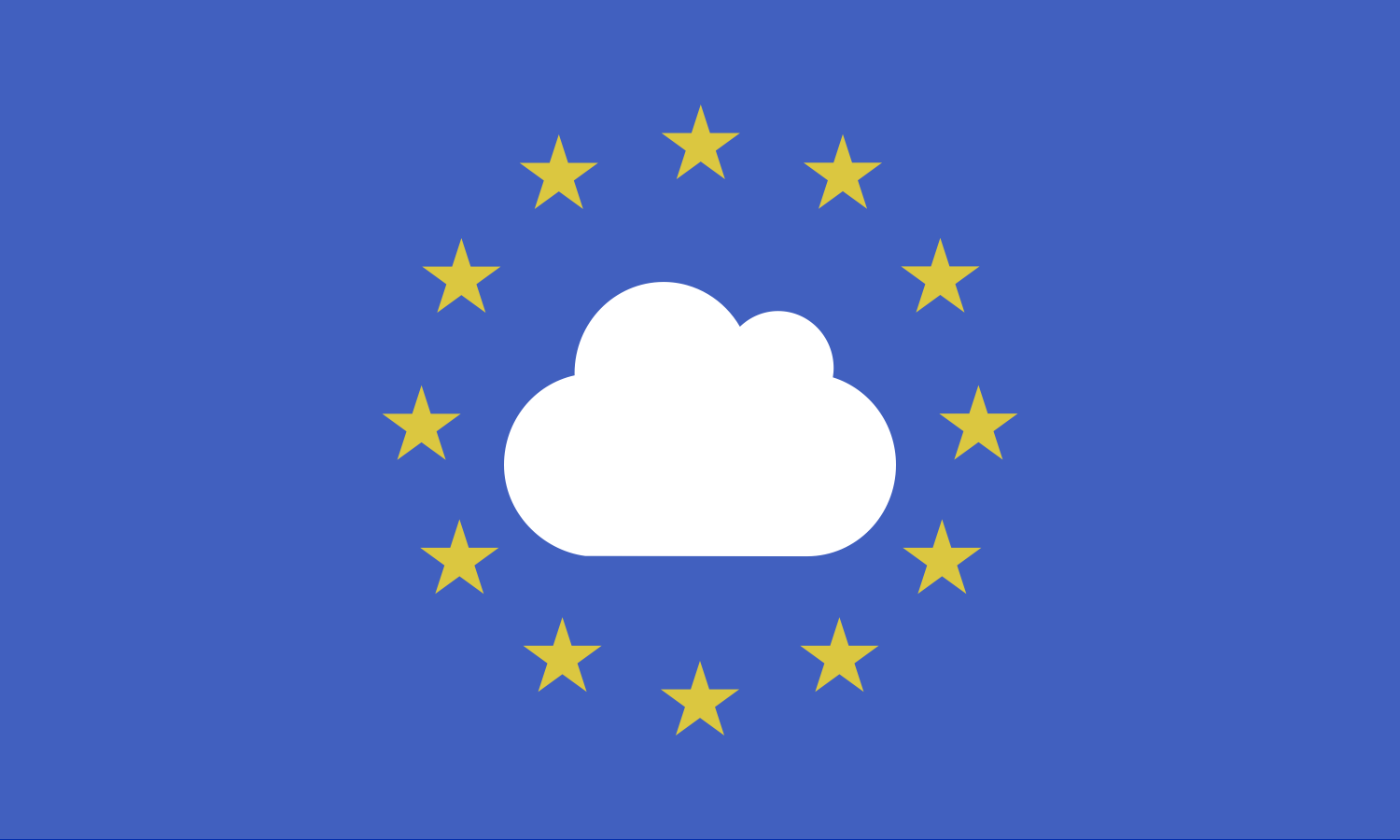
Join the US Department Of Commerce For The GDPR & Privacy Shield Roadshow
The International Trade Administration of the U.S. Department of Commerce will be holding a roadshow throughout the spring. This roadshow will be to educate U.S. businesses on how to prepare for Europe’s General Data Protection Regulation or GDPR as well as the existing Privacy Shield framework.

2017 – A Year Of Accomplishments For i2Coalition
2017 has been one of the most challenging years on record for the Internet infrastructure industry, despite its continued importance and growth.
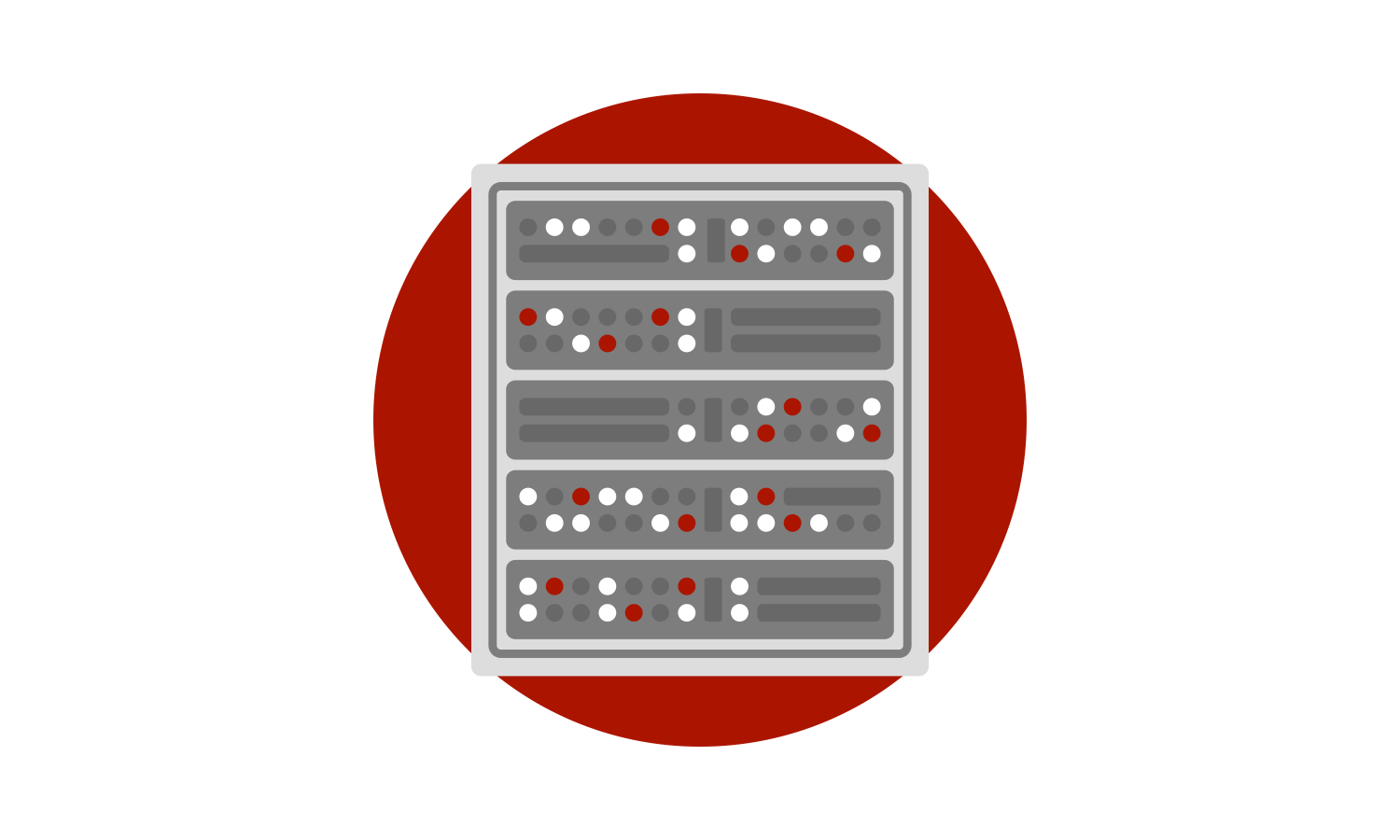
i2Coalition Members Join Letter On NAFTA Renegotiation
The letter addresses concerns with copyright and intermediary liability safe harbors in trade agreements.
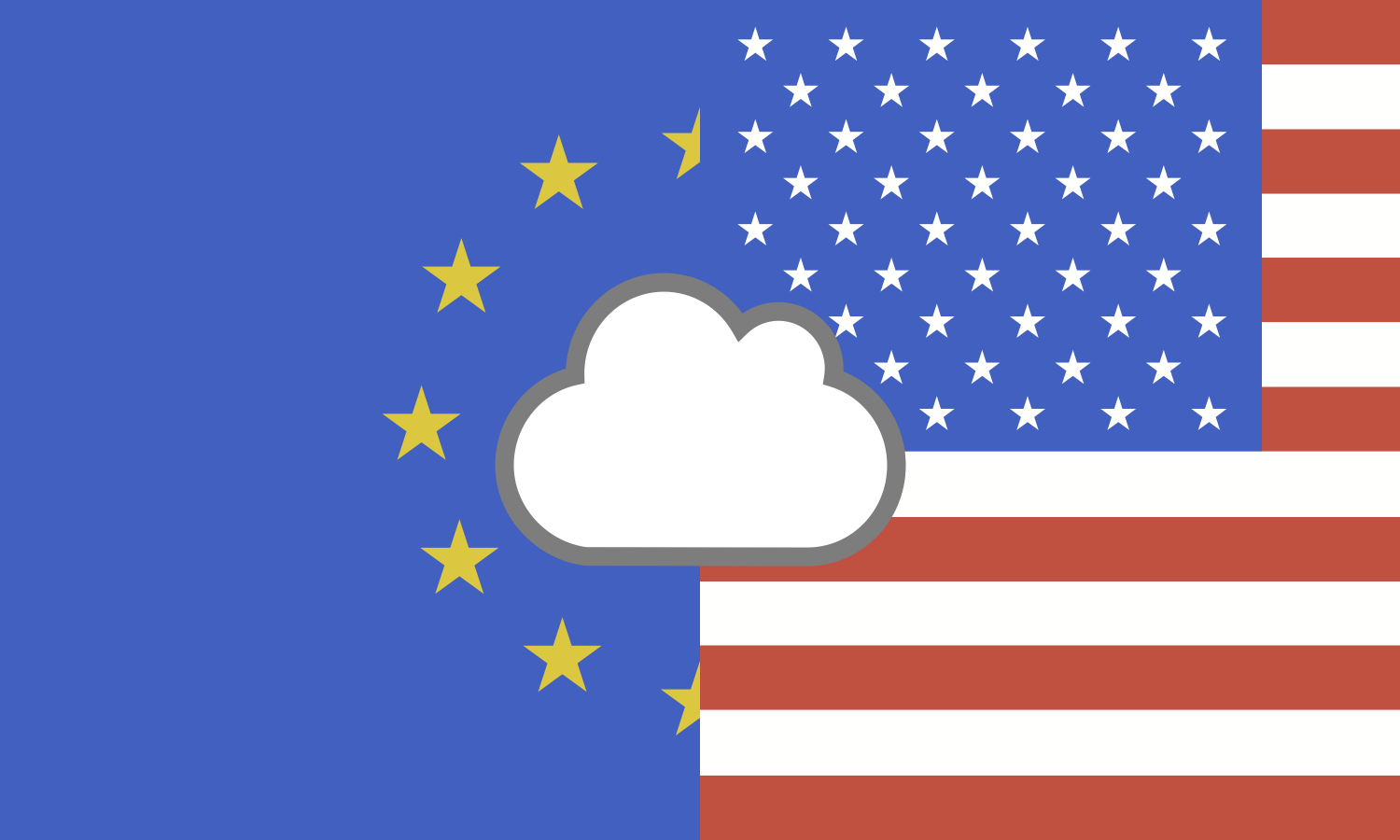
Your Business In Europe: Understanding GDPR & Privacy Shield
i2Coalition will be organizing a members-only call with leading U.S. and European regulators charged with implementing the GDPR to discuss compliance.
